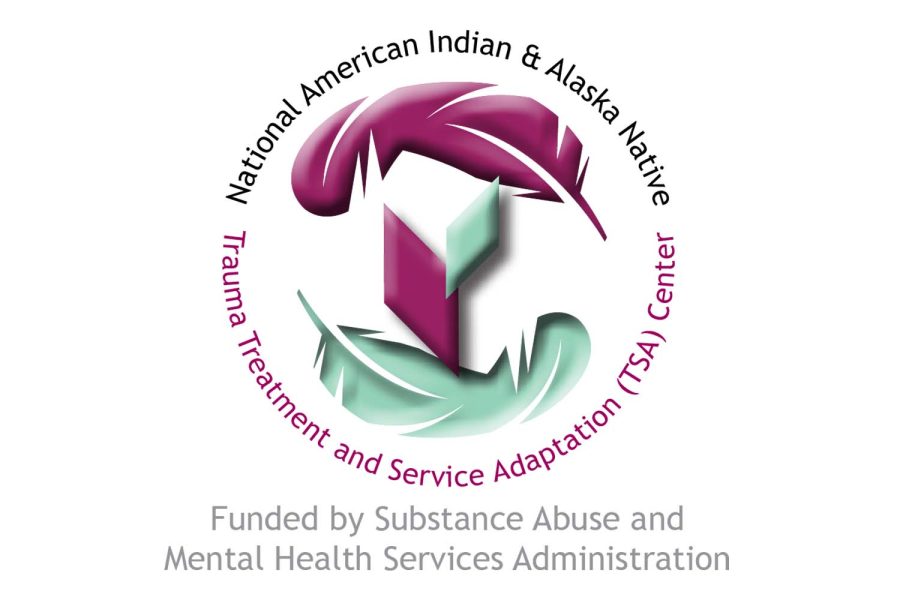New UI center addresses generational trauma and wellness for Native American youth and community
The new center will address trauma and encourage resiliency among Native American communities.
January 18, 2022
Many American Indian and Alaska Native children face trauma, including bullying and sexual abuse, natural disasters, and post-traumatic stress disorder.
A new University of Iowa center aims to help treat, reduce, and prevent trauma among Native people.
In October 2021, the UI College of Public Health received a $3 million grant from the Substance Abuse and Mental Health Services Administration to create the National American Indian and Alaska Native Trauma and Service Adaptation Center, or TSA.
Teresa Brewington, TSA co-director, member of the Coharie Tribe, and descendant of the Lumbee Tribe of North Carolina, said the center’s goal is to increase net national infrastructure and workplace capacity.
“We work with the professionals to prevent, reduce and treat trauma, as well as increase wellness and resiliency among American Indians and Alaska Native children and adolescents and their families, because that is our focus group,” Brewington said.
Anne Helene Skinstad, TSA co-director and director of the Native Center for Behavioral Health, has worked with tribal communities for over 25 years. She said though the TSA targets traumas experienced primarily by K-12 youth, the center focuses on workforce development among those working closely with Native American children.
“A lot of non-Natives work with Native kids, and if they are not educated to know how to take care of the cultures that are represented in the classroom, that can mean a traumatic experience for the kids,” Skinstad said.
The center has a variety of initiatives to address traumas in Native youth, Skinstad said, including working with foster parents of Native children to prevent split feathers syndrome — removal from Native American culture that can cause psychological problems such as depression and substance abuse.
Another initiative that the center has created is a national youth panel with Native youth between 16 to 24 years old who are actively involved in their communities and culture.
“The goal of this is to A: talk about different topics and bring awareness, but B: to talk about their personal stories or pitfalls or triumphs, in order to teach confidence and resiliency and to inspire other Native youth to do the same,” Brewington said.
Keely Driscoll, descendent of the Meskwaki Nation, member of the youth panel, and a student assistant for the UI Native Center for Behavioral Health, said the upcoming youth panel will discuss generational trauma experienced by many Native Americans and the resiliency that comes with navigating that trauma.
“I think it’s important to understand history and the way that it affects different rates of depression, substance abuse, anxiety, all these things that we work with at the center,” Driscoll said. “So really trying to problem solve and overcome some of these continued barriers is occurring right now, not only by programs like a native center, but also by youth in their own communities.”
Brewington said the center aims to expand its services and resources over time, and already has a large network of Native professionals that aid in the improvement and delivery of their current services.
“That is one thing that Native people have said and have said very loudly –– they want to learn and grow from their own,” Brewington said.



